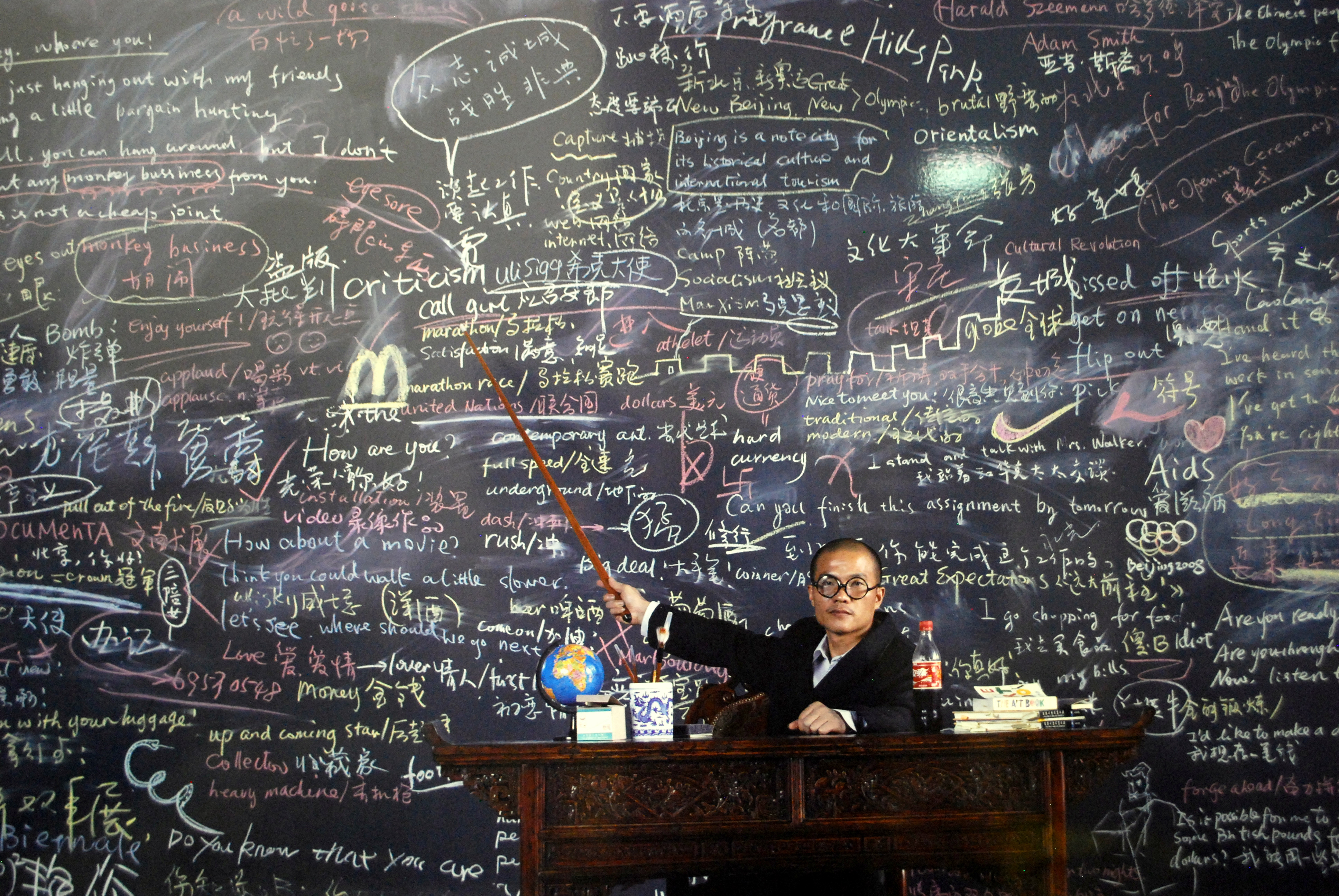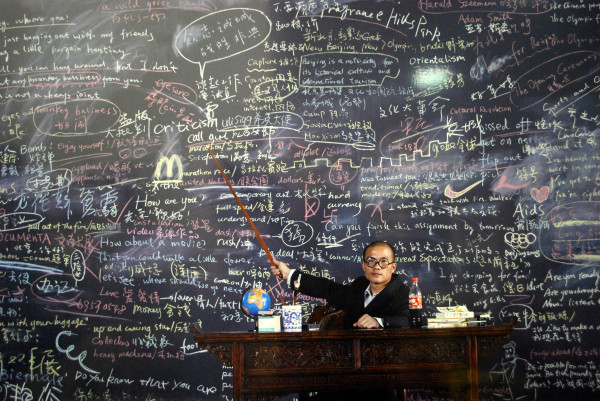This Chinglish clip is amusing, the lost-in-translation between Chinese and English so ridiculous it’s almost not funny. But this is between international business collaborators, with veritable strangers. Can you imagine what it’s like to experience this in your home with your own family?
When I’m hanging out in LA’s Little Tokyo, sometimes an adorable pair of obasan (grandmas) would walk by and say something like “Oh, they’ve got a sale” or “My son just transferred to this company” in gorgeously lucid Southern Californian English. It ALWAYS weirds me out. Why? Because growing up in Asian American suburbs of mostly recent immigrant families, I grew up accustomed to the older generations (read parents, aunts/uncles, grandparents etc.) not being very fluent in English if they’re able to speak it at all. So I’m simply not used to older Asian heritage Americans who speak fluent English. I guess I can understand how a non-Asian heritage Americans who aren’t usually around APIA can get a little thrown off when they see Asians opening their “foreign-looking” mouths and speaking with, say, a Brooklyn accent. Or maybe a Southern one. See Korean American comedian Henry Cho below:
Of course, some of my friends of APIA heritage have parents who speak totally fluent English, and yes, again, it weirds me out when I see them speaking with their parents completely in English, but in a different way than those Little Tokyo obasan. It makes me want to ask them, “So what’s it like? You know, being able to communicate with your parents in your dominant language?”
Clearly, even if you speak the same language as your parents, there’s no guarantee of “communication”, but it is foreign to me, being able to communicate completely smoothly in my most dominant language of mastery with my own parents.
The thing is, I speak Taiwanese and Mandarin Chinese pretty decently. I even took classes in Mandarin all throughout college and went to study it in Taiwan. I spent a whole summer with my grandparents who only spoke Taiwanese and Japanese. I completed all the most advanced Chinese classes offered. I’m always getting complimented on how well I can speak the languages by native speakers, knowing of course they have lowered standards, but I do hear the difference between me and other ABCs (American Born Chinese).
Still, I think knowing the language pretty well helps me to understand all the more how much I don’t understand. All the historical references, idioms, cultural nuances. All the philosophy, religion, and spirituality. I’ve only got a fraction of it in my grasp.
Also, my fluency and academic training in Mandarin came later in my life. So I have a slew of childhood memories where I just had no idea what my parents were saying to me.
Dad: “Get the okebang.”
Me: Stares at him blankly
Dad: “Hand me the okebang.” Gestures to counter.
Me: Stares at various items on the counter blankly.
Dad: Frustrated, grabs the toothbrush himself.
Here’s another one.
Mom: “Fix your nyah.”
Me: Stares at her blankly.
Mom: “Your nyah is messy, fix it.”
Me: Looks down at myself, puzzled.
Mom: “Fix you nyah!” Grabs her shirt and shakes it emphatically.
Me: Pinches a random part of my shirt and shakes it, unsure.
Mom: Frustrated, grabs my collar and fixes it for me.
Overall, I feel I have a pretty great relationship with my parents. We have our ups and downs, but we’ve come to mutual understandings about who we are, trying to find a balance and common ground between what actually is versus what is everyone’s ideal.
But still, if I wanted to express my deepest and most eloquent ideas from the most complex corners of my mind to my parents, there’s a wall there. We get by pretty well, but I can’t say I know what it’s likely to be able to communicate with my parents in my most fluent language.
So I ask all of you out there who speak the same language as your parents, “So what’s it like? You know, being able to communicate with your parents in your dominant language?”
photo credit: the measure of mike via photopin cc









